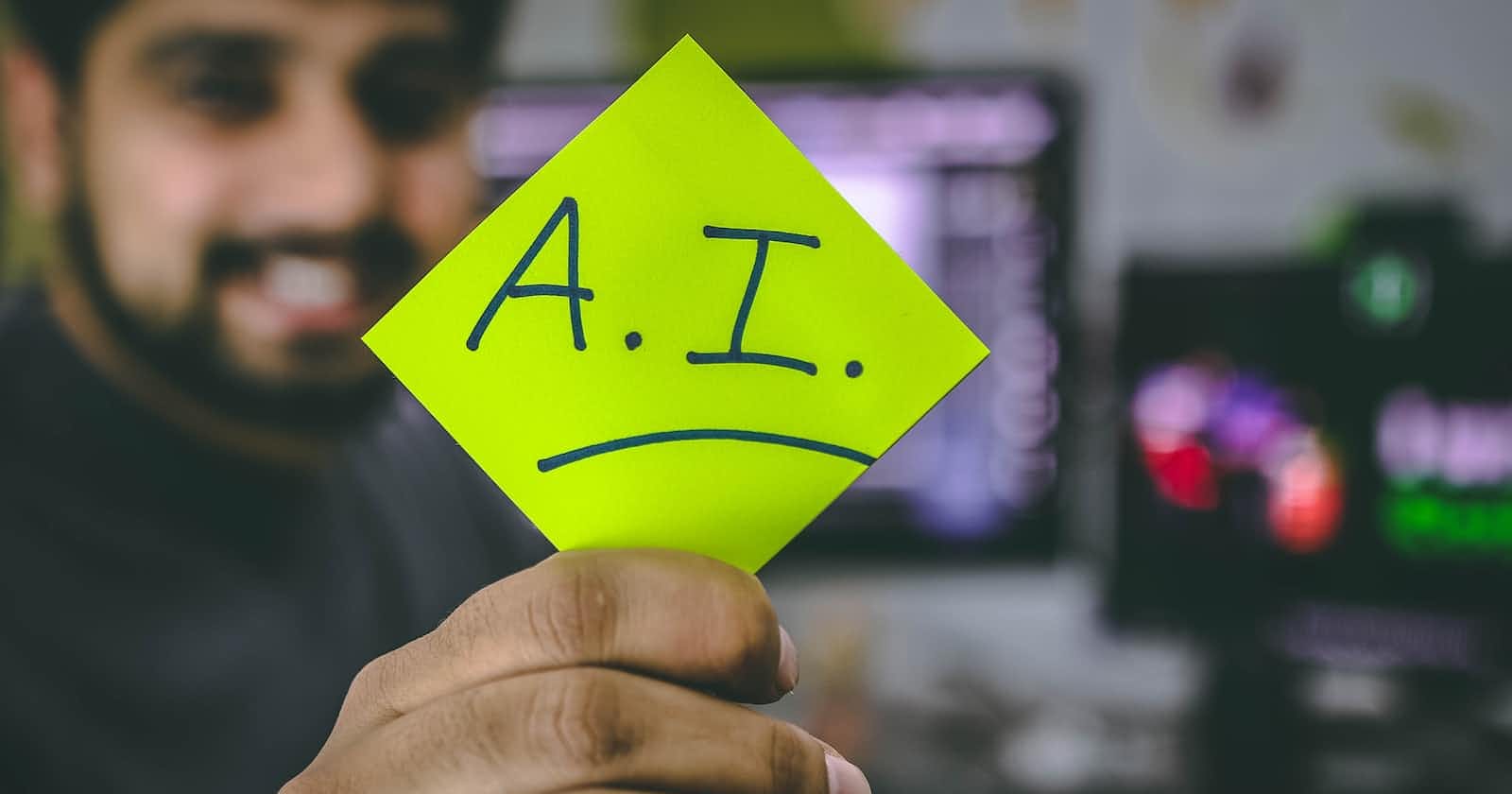Artificial intelligence is slowly replacing humans on Earth. As of last year, the number of Americans who said they would be less productive if they didn't know how to use a computer rose from 4% to 11%. That's an increase of about 20 million jobs. This year, automation is also set to hit a level that's unmatched in human history. Last year, the majority of businesses and individuals said they wanted more robot workers - and now we can see why. That means there are more opportunities for people who were once vehemently opposed to automation to get on board with it now. To keep pace with the rapid rise of technology, this article looks at how artificial intelligence is replacing humans in our workforce and what impact it will have on the economy in the years ahead
What is Artificial Intelligence?
Artificial intelligence is a subset of machine learning that uses algorithms to analyze data to perform tasks that humans can do, like recognizing images or answering questions. It's a broad field that includes fields such as computer vision, natural language processing, and machine learning. AI systems use computational models and large volumes of data to recognize objects, analyze text, understand speech and perform tasks like automating sales or recommending new products. AI can improve productivity by helping humans find meaning in large quantities of data. For example, AI can help a company understand customer behavior so they can improve their products, marketing campaigns, and business practices.
How Does AI Work?
AI works by using algorithms to analyze data to find patterns and predict outcomes. It can identify items in photos, recognize speech and translate between languages. To get this level of accuracy, AI systems need large amounts of data that are accurate and reliable. Data is key. It's what AI systems use to find patterns and make predictions. It's also important that the data is accurate and reliable. If you have inaccurate or unreliable data, AI will be less accurate and reliable.
Why is Artificial Intelligence so Important?
Artificial intelligence is becoming more and more important for businesses and workers. As AI systems become more advanced and more reliable, they'll be able to automate tasks previously done by humans. This could mean fewer jobs overall, fewer hours of work, or both. AI could also free us from repetitive, mind-numbing or dangerous work. For example, AI could help a truck driver avoid driving on the same route all the time, while a robot could drive the truck. AI could also help us spend less time doing work that might harm us or others, like driving a car autonomously.
Concerns with Artificial Intelligence
While AI has many benefits, it's also faced some concerns over the long term. Some people worry about the potential for AI systems to replace humans. Since computers can't make decisions, it's difficult for AI to decide what to do. If AI makes one decision, but we end up making different decisions, the AI could be seen as "wrong." Another concern is the amount of data needed for AI to be effective. For AI to be effective and benefit the person using it, it needs a lot of data. If AI uses too little data, it might not be very effective. If AI uses too much data, it might be expensive to use.
Summing up
Artificial Intelligence is the use of software to perform tasks that were once done by humans. It's growing in importance because of the impact it can have on the workforce, such as replacing humans with robots or freeing us from mind-numbing or dangerous work. As AI improves, it'll be able to do more things, like analyze large amounts of data and make increasingly accurate predictions. However, AI could also make some people's jobs redundant, so there may be less work overall. There are concerns over the long-term impact of AI, as well as the need for large amounts of reliable data. Now that you know how artificial intelligence works, you can get a better idea of how it's replacing humans in our workforce and what this means for the economy in the years ahead. Thank you for reading, if you enjoyed follow me or buy me a coffee here


